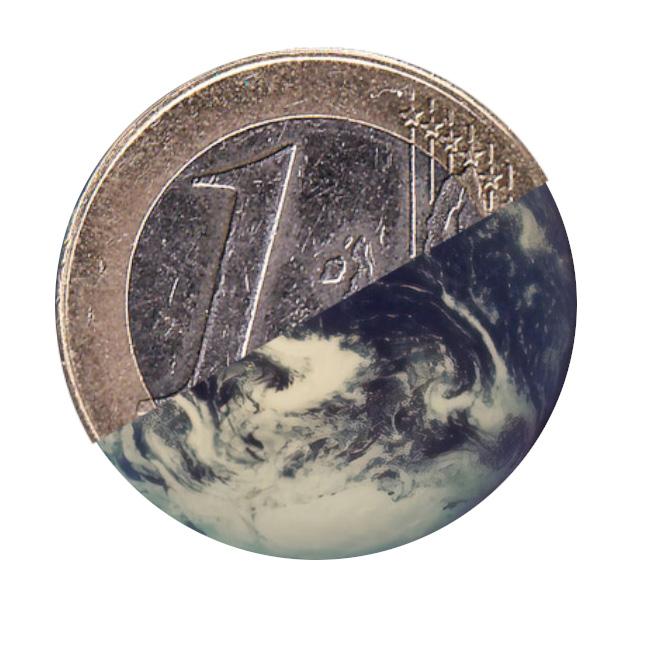SOCIAL.
Millennial
Burnout
Image: Royal National Theatre London. Source: Culture Whisper.
The effect of social media on millennial burnout instant gratification without replication.
O
ne of the defining characteristics of the millennial generation and the generations that follow, is their use of social media. Social media like Instagram, Facebook, TikTok, Twitter, and Snapchat, have become our companions, unwanted or otherwise, which undoubtedly contributes to what is known as millennial burnout. Millennials have been characterised as the “burnout generation” (1), but why is our generation feeling the stress and strain associated with life more than others?
20
Answers to questions of burnout can be partly found in the research of Anne Helen Peterson. Her groundbreaking article - originally appearing in Buzzfeed News but which has since been published as a book - provides an insight into this millennial struggle for those outside the generation, and gives a voice to millennials worldwide who will find much of the observations eerily familiar. H e r b e r t Freudenberger offered one definition of burnout which defined it as a psychological diagnosis that was attributed to
Words by Suzanne Flynn
cases of “physical or mental collapse caused by overwork or stress”. While traditionally overwork or stress may have been associated with employment or studies, millennial burnout suggests the pressures of social media can contribute to a physical and mental collapse. Keeping up appearances has become not just an option to many social media users, but in fact an obligatory part of our daily routine. Impressing and retaining followers, as well as looking your best, are now everyday expectations that are







